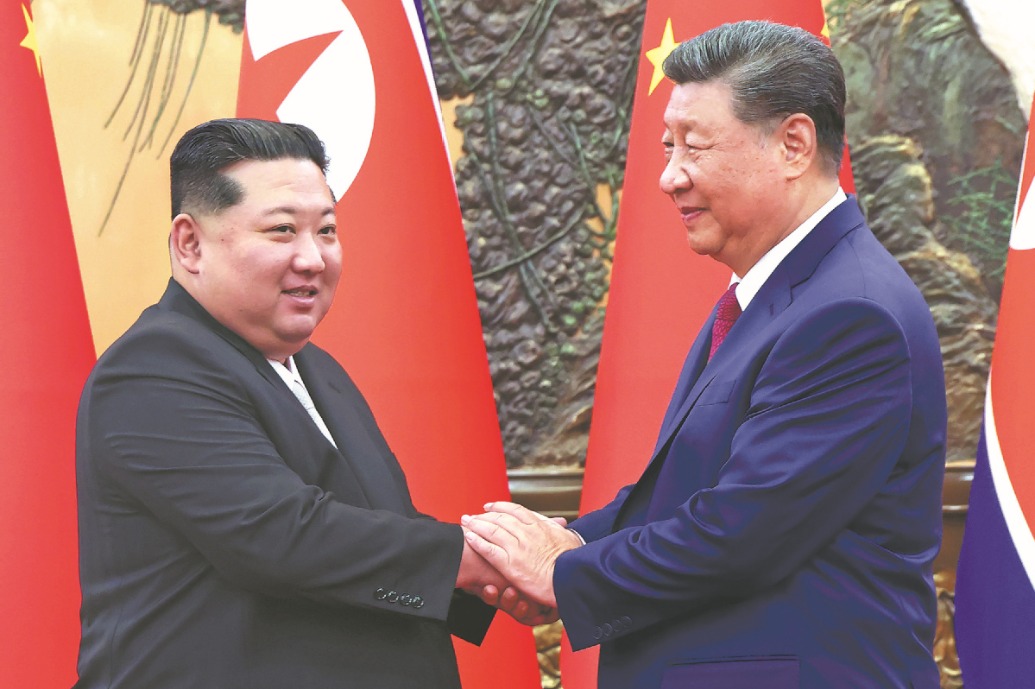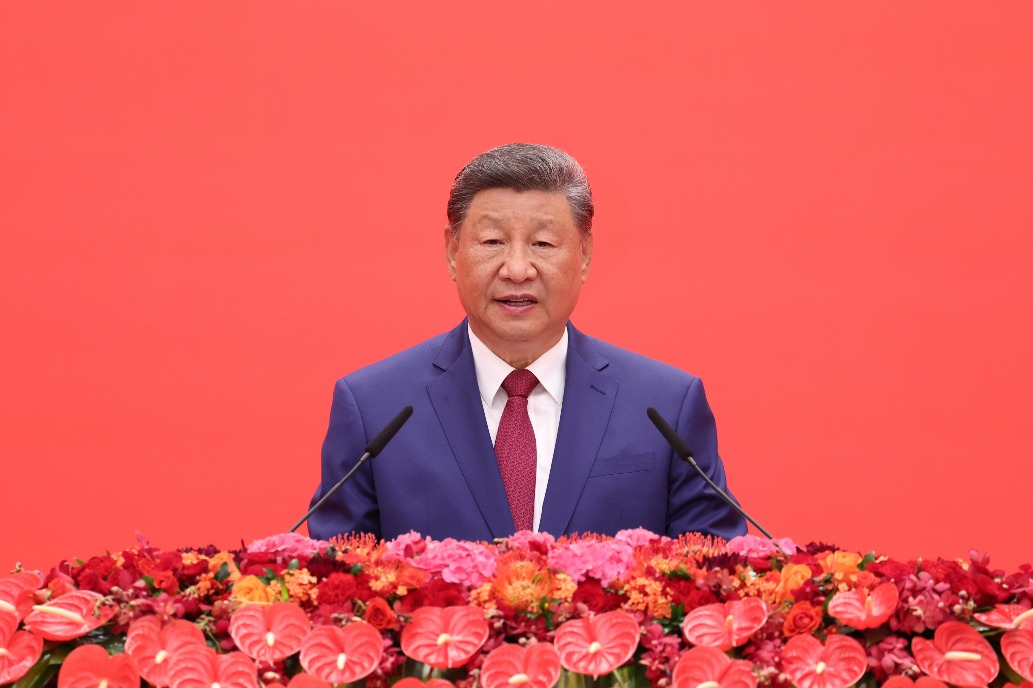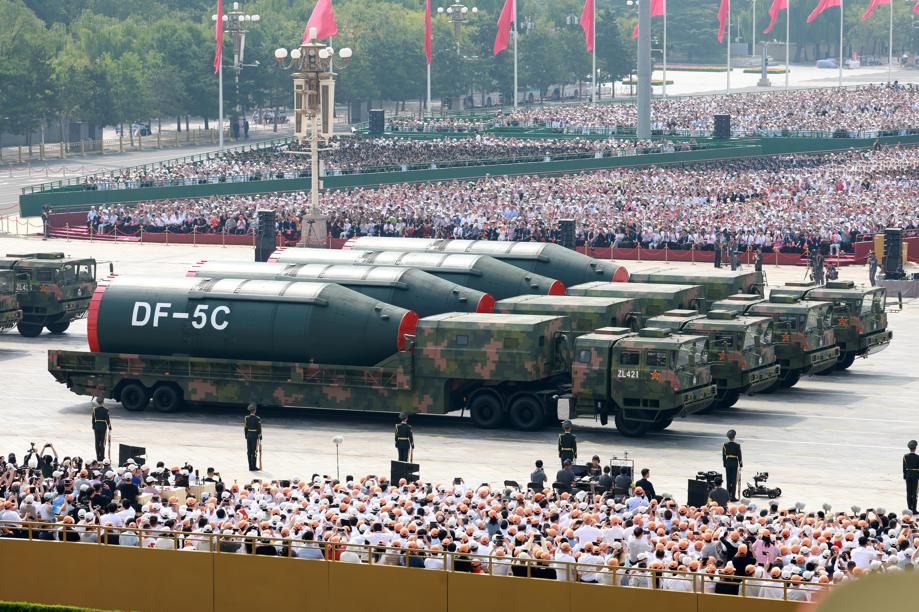Why US is no longer Africa's strategic anchor


The United States blatantly introduced "reciprocal tariffs" in a bold, yet controversial attempt to protect American industries. Though clearly the target is China, the ripple effects of this decision are global.
For Africa, particularly East Africa, the message is unavoidable: the continent must recalibrate its economic alliances. The days when African nations could afford to rely on Washington as a stable and strategic partner are over.
For decades, African governments have looked to the US for partnership and support. Programs like the African Growth and Opportunity Act, the President's Emergency Plan for Aids Relief and other bilateral arrangements suggested that Washington saw the continent as more than just a source of raw materials or a geopolitical footnote. For Kenya, the opportunity act opened the door to textile exports, helping to nurture industrial parks in places like the Athi River and export processing zones that employed thousands.
But today, these very industries are under threat from an America that seems more committed to economic protectionism than shared growth. The fate of opportunity act – which is set to expire next month – remains unknown, and the emergency plan for Aids relief's future is equally unclear, too.
Kenya is a clear example. The country has invested heavily in aligning with Western trade protocols and investing in export-oriented industries. But when tariffs increase global input costs or shift trade flows away from developing markets, Kenyan manufacturers are left holding the short end of the stick.
The price of raw materials from Asia goes up; access to Western markets becomes more restrictive; and yet the developing economies themselves are blamed for "not being competitive".
Moreover, the issue is not just about tariffs. It's about Washington's increasingly unreliable posture toward Africa. Every new administration seems to come with a new Africa policy – often contradictory to the last: One government will champion human rights and democracy; the next will cut aid budgets and focus inward. One will push free trade agreements; the next will impose sanctions.
For nations like Uganda, Tanzania and Ethiopia – where long-term infrastructure planning is essential – this kind of instability renders US commitments questionable.
This inconsistency stands in contrast to China's approach. While critics in the West have often mischaracterized China's presence in Africa, the reality on the ground is more nuanced and constructive.
In Kenya, the Standard Gauge Railway has significantly cut transportation costs and boosted inter-regional commerce. Chinese firms have built roads, bridges, hospitals and digital infrastructure across the continent – stepping in to meet development needs in areas where other global players have often hesitated.
More importantly, Beijing has offered African governments a consistent, long-term engagement strategy. It doesn't shift dramatically with election cycles or partisan debates. China-proposed Belt and Road Initiative provides African states with a vision for regional and global connectivity. By comparison, the US approach feels short-term, reactive and increasingly inward-looking.
What the US tariffs has made clear is this: Washington is focused inward, its policies often driven by domestic political calculations rather than mutual benefit. Africa must wake up to this reality. The United States may remain an important player – but it is no longer a dependable anchor.
If East Africa is to rise, it must do so on its own terms: through regional integration, strategic diversification and pragmatic global partnerships.
That path may still include Washington, but it will no longer revolve around it.
The writer is a journalist and communication consultant based in Nairobi, Kenya
The views don't necessarily represent those of China Daily.
If you have a specific expertise, or would like to share your thought about our stories, then send us your writings at opinion@chinadaily.com.cn, and comment@chinadaily.com.cn.


































